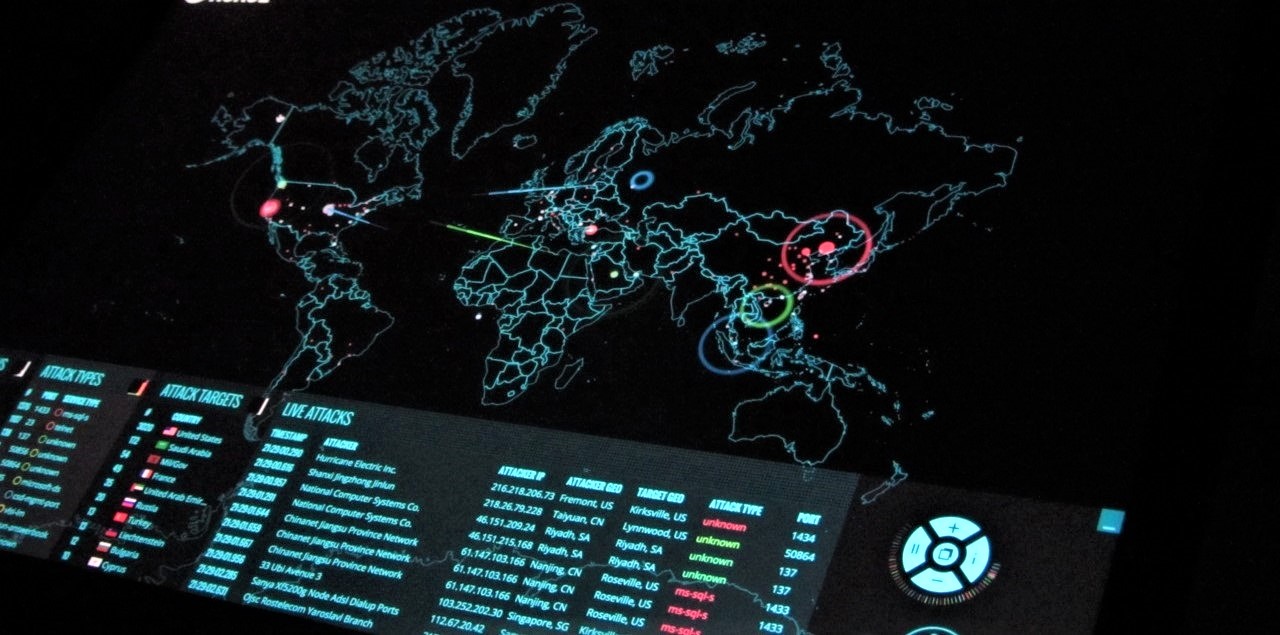Cooperative Security, Arms Control and Disarmament By Denise Garcia | 29 March, 2021
Artificial Intelligence Wars

Photo credit: Christiaan Colen/Flickr
The 21st Century starts its third decade impaired by a debilitating pandemic that has cost the world economy 10 trillion dollars in 2020-21. This is no moment for sabre- rattling or peddling failed strategies. A genuinely groundbreaking 21st Century blueprint for the use of AI for the common good of humanity, in which the United States leads as the champion state, is in order.
The National Security Commission on Artificial Intelligence (NSCAI) has issued its report and missed its chance to outline a transformative avenue and instead used its platform to broadcast an outdated story line. The world’s financial and intellectual firepower should go toward creating more structures for cooperation and frameworks for strengthening world peace and security. Instead, the NSCAI outlines a duplication of the failed and monstrously expensive strategy adopted during the Cold War.
While the NSCAI recommends “We should embrace the AI competition”, and “we should race together with partners when AI competition is directed at the moonshots that benefit humanity like discovering vaccines” and states that “AI is going to reorganize the world. America must lead the charge”, it also issues recommendations that could lead to an AI arms race. The ideas of competition and racing against adversaries have not served humanity well in the past. During the Cold War, the same ideas led to the accumulation of 70,000 highly costly and unusable nuclear weapons. Most of them were later deactivated and destroyed, leaving the international community with 13,410 warheads.
In a post-pandemic world, another arms race—an AI arms race—seems unfounded and vain. The relentless pursuit of new weapon systems does not serve humanity’s security. Instead, it contributes to less investment and attention to preventing the next pandemic and the successive climate-crisis disasters. According to the Institute for Economics and Peace’s Ecological Threat Register, the United States suffered the most significant number of climate disasters since 1990, more than any country, with 704 wildfire, droughts, extreme temperatures, storms, and floods, with almost 1 million people displaced. This data shows how the United States is one of the countries most vulnerable to climate change. Facing the climate crisis is urgent and will cost money. The investment should prevent and mitigate the worst of the climate impacts instead of embarking upon another exorbitantly useless arms race that will bring security to no-one.
To avert an AI arms race, the new President of the United States, the globally-minded Joe Biden, should work on an innovative approach for the world and prevent the relinquishing of humanity's judgment to machines during war. To do so, Biden can listen to the advice from the scientific community. In an “Open Letter from AI & Robotics Researchers,” released in 2015 and signed by about 4500 AI/robotics researchers and more than 26,000 individuals, they state that they have no interest in building AI weapons, just as most chemists and biologists have no interest in building chemical or biological weapons. In contrast to the NSCAI recommendations, the scientists maintain that: “In summary, we believe that AI has great potential to benefit humanity in many ways and that the goal of the field should be to do so. Starting a military AI arms race is a bad idea and should be prevented by a ban on offensive autonomous weapons beyond meaningful human control.”
Subsequently, the scientists issued another letter in the form of a pledge in which they reiterate that the decision to take a human life should never be relinquished to a machine. They outline both a moral and a pragmatic position. If a machine takes a life, it will not be culpable. And the practical point is that an AI arms race would be destabilising to international security and become a powerful instrument of oppression along the way. Therefore, they suggest that stigmatising and preventing such a race is in every country’s interests. The pledge, signed by 247 organisations and 3253 individuals to date, calls for solid norms and regulatory avenues against autonomous weapons.
Most countries in the world intend to achieve an international regulation that will create novel governance that controls the use of AI in war. United Nations Secretary-General Antonio Guterres holds that "Autonomous machines with the power and discretion to select targets and take lives without human involvement are politically unacceptable, morally repugnant and should be prohibited by international law.” The most powerful ability the United States has is to continue to forge a robust framework for respect of the rule of law under international law. It started doing so in 1945, which ushered in the most prolonged peace the world has seen, by averting World War III. This is not the moment to create the path to this worldwide confrontation.
Denise Garcia is professor at Northeastern University, Boston. She is author of the forthcoming book: When A.I. Kills: Ensuring the Common Good in the Age of Military Artificial Intelligencea and a member of the Toda Peace Institute International Research Advisory Council. She is also Vice-chair of the International Committee for Robot Arms Control.